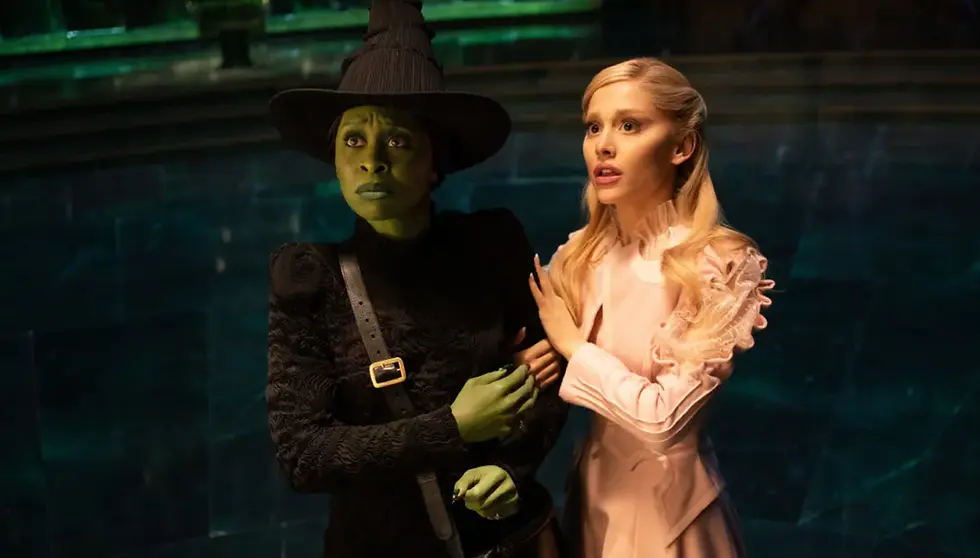Allelujah (2023 film)
- comaweng
- Apr 3, 2023
- 3 min read

I quite liked the stage play, even if I only saw the National Theatre Live broadcast in a cinema, but this movie adaptation of Alan Bennett’s play, written by Heidi Thomas, was rather too sentimental for my liking. Supposedly a love letter to the National Health Service, its own valedictory sermon, by a Dr Valentine (Bally Gill), after the cameras have followed him around a hospital ward at the height of the coronavirus pandemic (itself probably a breach of social distancing measures at the time), was about how its dedicated staff care for people from cradle to grave, and the population at large should therefore respect the NHS.
Many people do, of course, but this shouldn’t stop conversations about how to make improvements from even taking place. Further, the very blatant message that the film concludes with is undermined by a major part of the storyline itself, in which Sister Alma Gilpin (Jennifer Saunders), the chief nurse at the Bethlehem Hospital, a fictional geriatric hospital in Wakefield, West Yorkshire, basically did to certain patients under her care what Harold Shipman (1946-2004) did to some of his, finding ways of administering lethal amounts of morphine. She says she did this to help meet the hospital’s targets (whatever they were) but, thanks to a patient, Mary Moss (Dame Judi Dench, whose character is shockingly underwritten), getting to grips with an iPad and recording things discreetly, the evidence is plain to see, and Gilpin is duly arrested.
The film makes some good points, to be fair, about a British public that voted in a government that had wanted to make efficiency savings – in other words, it’s all very well loving the NHS but if it is to be properly funded, it’s got to be properly paid for, and unless it’s funding model changes, which the British public doesn’t want either, then there’s going to have to be – wait for it – tax increases. Except the film doesn’t want to muddy the waters too much by making that line of argument as explicit as it does the one about loving the NHS.
‘The Beth’, as the hospital is affectionately known, is the subject of a local grassroots campaign to keep it open, and a local television crew turns up and interviews anyone and everyone who is up for being in front of a camera. Colin Colman (Russell Tovey), a freelance management consultant who is an adviser to the Secretary of State for Health and Social Care, has recommended The Beth be closed down – it’s inefficient, y’see, and its services could be merged with other larger facilities in the region. He has a change of heart after he visits his father Joe (David Bradley), who has been admitted to The Beth (I mean, really, how contrived is that?!).

Mr Salter (Vincent Franklin), Chairman of the Board of The Beth, is amiable enough, though the film seems keen to portray relatives of patients as people who are as heartless and as money-minded as the Government – after Molly (Eileen Davies) falls victim to Gilpin’s ‘care’, a couple of members of her family are furious with Salter and Dr Valentine. Molly would, had she survived three-and-a-bit months longer, lived seven years after she apparently gifted her house to her folks, so they in turn wouldn’t be subjected to inheritance tax. I say ‘apparently’ – poor Molly kept insisting her house had been taken away from her without her consent.
The switch from a community revolt against the Department of Health and Social Care to a (not very good) thriller movie is a jarring one, and rather spoils what could have been quite an inspiring story. It’s also confusing: is the NHS under A Lot of Pressure, or is there time to literally dance with patients on a one-on-one basis? With a tighter script, this might have been something powerful and poignant. As it is, well, it’s a five-star cast – Sir Derek Jacobi smashes it as a former schoolmaster, Ambrose – but a three-star film.




Comments